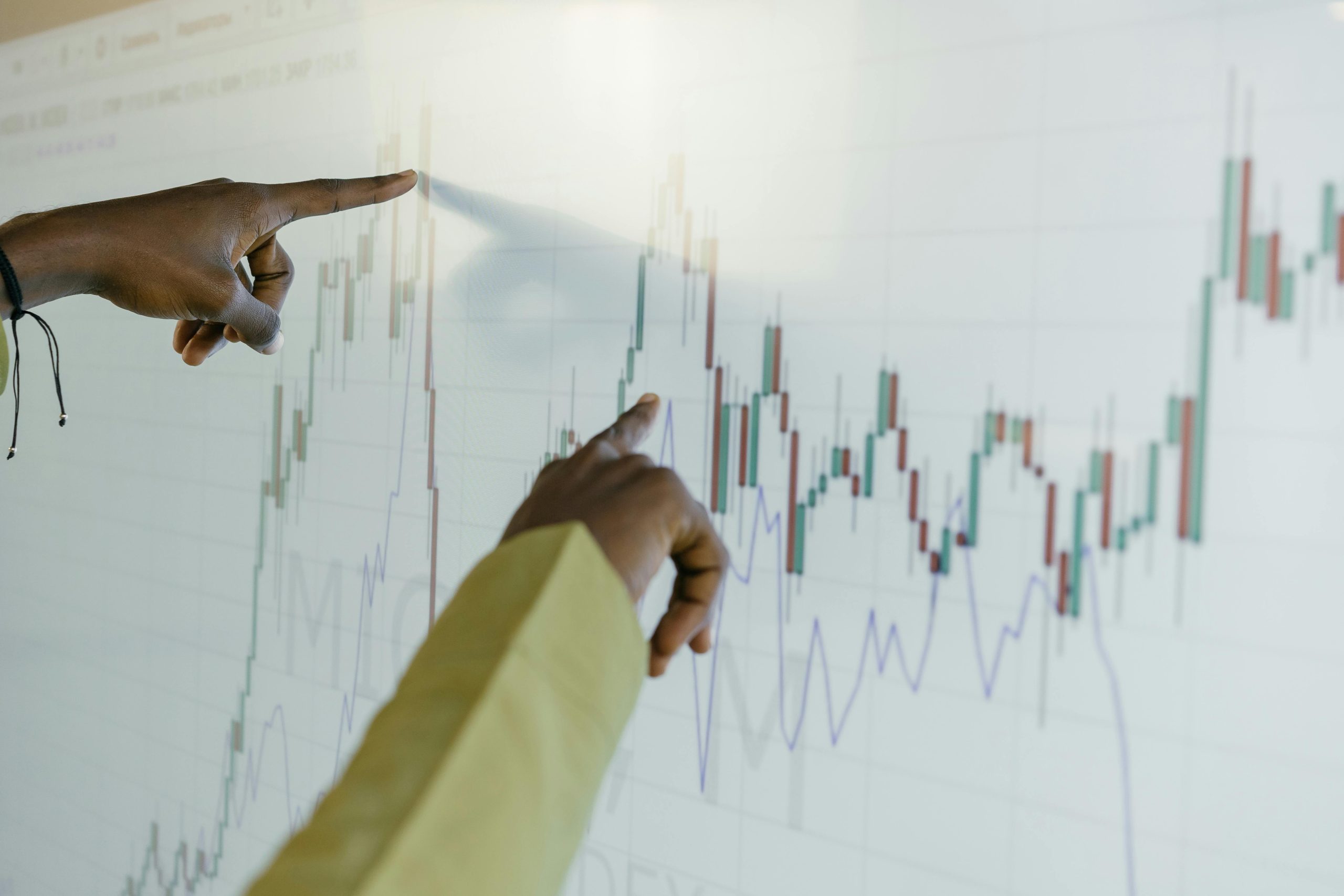The history of prop firm technology is not the same thing as the history of prop firms. This is something that may initially sound confusing, but it should not.
If you are interested in the idea of starting a prop firm of your own, it is worth noting that these kinds of firms are a very modern innovation. They are generally agreed to have started in or not long before 2014, but, like anyone blowing out the candles on their tenth birthday cake, a lot has happened since they emerged into the world.
That is not to say anything is done with the reasoning of a ten-year-old, still less that those starting out in 2014 were lie newborns who knew nothing about what they were doing. But just as a child learns fast in the early years, so prop firms have been advancing as well as they have carved a niche for themselves in the Forex sector.
What an effective Prop firm will do is offer a combination of capital, expertise provided by experienced traders to help mentor less experienced ones, plus the best available technology to provide a wealth of information, detect patterns and carry out trades with great efficiency.

A History Of Tech And Trading
Quite simply, all this could not possibly start ex-nihilo in 2014. There had to already be many experienced traders. There already was lots of technology to help people trade on the money markets with growing speed and efficiency. All this laid the ground for the circumstances in which prop firms could come and offer a new way for people to trade.
Therefore, the history of prop firm technology predates the arrival of prop firms in the same way computers predate the internet. To understand this, we need to look at the kinds of tools and tech that were used on stock markets and money markets down the years.
Money and stock markets themselves date back centuries, long before the modern computer was invented. For example, the London Stock Exchange dates back to 1698. Back then, of course, all trading was done in person and with pieces of paper.
Technological advances included the arrival of the telegraph in 1840, meaning that within 25 years the prices on the New York Stock Exchange could be established at 20 minutes’ notice. By 1872, with the advent of the ticker tape machine, price data could be communicated instantly. This was soon followed by the telephone.
The next major development had to wait until 1970, when the real-time prices electronic screen was erected. However, there really was a ‘Big Bang’ in 1986 with deregulation and computerised trading. This was followed by automatic trade matching in 1997.
By now, technology was essential for anyone to operate in the stock or money markets and from here on it was all about advancing this and using it effectively. Whether operating in London or anywhere else, what had once been done with pen and ink was now all about fast responses to data.
Handling A Faster World
This is vital because, quite simply, everything in the world has speeded up. It is not just that one event may impact the price of a currency, but the reality is that the events causing such a development will be known very quickly and may elicit a rapid response from someone else, which then has further consequences for other currencies.
Developments in technology that can factor in all sorts of events and developments will have the impact of speeding up major changes where a currency sees its value soar or plunge, but can also involve a myriad of similar factors producing tiny changes in the relative value of different currencies.
In the latter case, it is these small changes that allow for scalping, where a series of transactions making marginal gains gradually build up a profit for the successful traders, who react swiftly and take advantage of little opportunities that arise throughout the day and steer clear of small disadvantages that arise. This requires lots of alertness as well as great tech.
Taking The Next Steps
What this shows is that the world into which prop firms emerged in the previous decade was already technologically advanced, with traders increasingly using automation but having to think fast on their feet as well.
For that reason, the race is now a constant one to take the technology to the next level, providing more precise and refined information, offering more functions for easier management and providing better support to traders.
Each of these can provide a small extra edge, but these add up over time, making the investment in the very latest prop firm technology something that can, and will, generate great returns.









